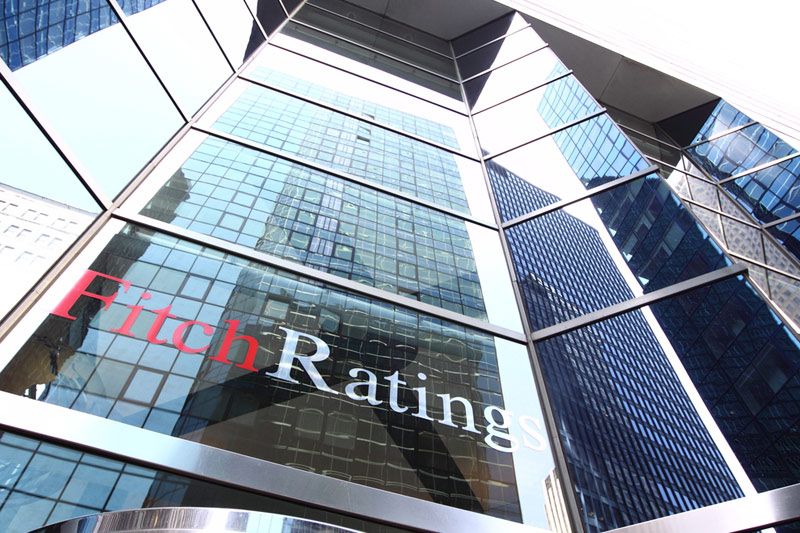Investing.com -- Fitch Ratings may consider rethinking China’s A+ sovereign credit rating amid growing economic headwinds to the Asian giant, especially if corporate debt conditions worsen in the country.
James McCormack, managing director, global head of sovereign ratings at Fitch said in an interview with Bloomberg TV on Wednesday that while current government debt levels were acceptable, any deterioration in corporate debt conditions could present a risk, especially if the government expands its balance sheet to support corporates.
“If some of these contingent liabilities in other sectors- nonfinancial corporate sectors, in the banks themselves, become real liabilities for the government, if it does really extend its balance sheet to support the economy… then we might think again, because the debt-to-GDP ratio is still a little bit on the high side for single A credit,” McCormack told Bloomberg TV.
But McCormack said that there was little evidence so far that the government planned to expand its balance sheet to that level of policy support, and that Fitch also did not anticipate such a move from authorities in the near-term.
He noted that government debt still remained high, with Fitch estimates pegging debt levels at 60% of overall gross domestic product. Fitch had in December affirmed China's rating at A+, and flagged a stable outlook for the country as it had then begun winding down its strict zero-COVID policy.
McCormack’s comments come amid signs of a brewing debt crisis in China’s property sector, as Country Garden Holdings (HK:2007) - the country’s biggest real estate firm - flagged a massive first-half loss, and suspended trading in 11 offshore bonds on potential difficulties in meeting its debt obligations.
The firm also missed payments on some coupons earlier this month, fueling fears of a broader contagion in Chinese debt markets, stemming from a potential default.
While Beijing said that ructions stemming from Country Garden were expected to be temporary, Fitch’s McCormack said that the property sector was undergoing a structural change.
He said that the government was attempting to reduce the Chinese economy’s dependence on real estate, and was unlikely to extend broader policy support for the sector.
Still, a cooling property sector saw Chinese economic growth slow sharply in the second quarter of 2023. Growth is also expected to remain largely under pressure as the sector faces continued headwinds from slowing sales and waning private investment. The property sector accounts for a fourth of the Chinese economy, and is the country's biggest economic driver.
Fitch had recently downgraded the U.S. sovereign rating to AA+ from AAA, citing increased concerns over fiscal spending and disruptions to policymaking by persistent clashes between Democrats and Republicans.
